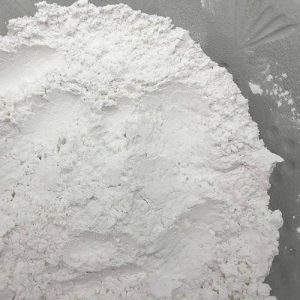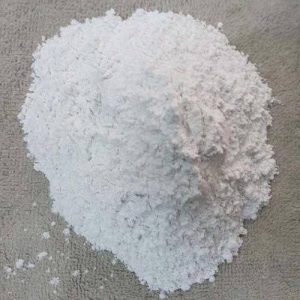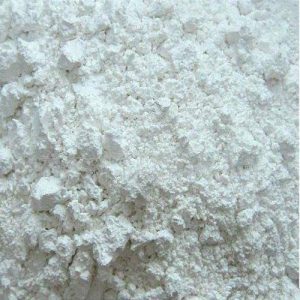-
Agricultural gypsum, also known as land plaster or calcium sulfate dihydrate (CaSO₄·2H₂O), is a naturally occurring mineral widely used to improve soil structure and fertility. It provides a readily available source of calcium and sulfur—two essential plant nutrients—and contributes to overall soil health without altering soil pH.
-
Gypsum is typically sourced from natural deposits or recovered as a byproduct from industrial processes such as flue gas desulfurization. For agricultural use, it is ground into a fine powder or pelletized for easy application. Its solubility makes it fast-acting in the soil, allowing plants to access nutrients more quickly than other calcium sources.
-
One of gypsum’s primary agricultural benefits is its ability to improve soil structure, especially in compacted or clay-rich soils. It promotes the aggregation of soil particles, enhancing porosity, root penetration, and water infiltration. This improves drainage and reduces the risk of surface runoff and erosion, contributing to long-term land productivity.
-
In addition to improving physical soil properties, gypsum helps mitigate issues caused by excess sodium in saline or sodic soils. By displacing sodium ions and facilitating their leaching, gypsum restores soil balance and enhances nutrient uptake. This makes it a valuable tool in soil remediation and sustainable land management.
-
Gypsum’s role in modern agriculture is multifaceted, offering both nutritional and structural improvements to soil systems. It is commonly used in crop production, pasture management, and land reclamation projects. Its environmental benefits and compatibility with conservation practices have made it a reliable input in regenerative and precision agriculture.
Uses of Agriculture Gypsum
Gypsum delivers essential calcium and sulfur to crops without affecting soil pH. These nutrients support root development, protein synthesis, and overall plant health.
By encouraging soil particle aggregation, gypsum enhances soil porosity, aeration, and root penetration—especially beneficial in heavy clay or compacted soils.
Regular gypsum application loosens dense soils, allowing for better water movement and air exchange, which improves crop performance.
Gypsum helps displace sodium ions from soil exchange sites, restoring soil structure and preventing toxic salt buildup that can hinder plant growth.
Improved infiltration from gypsum-treated soils reduces surface water runoff and associated soil loss, supporting conservation and water quality initiatives.
As a naturally occurring, pH-neutral material, gypsum fits well into sustainable and regenerative farming systems, improving soil health over time without harmful side effects.



